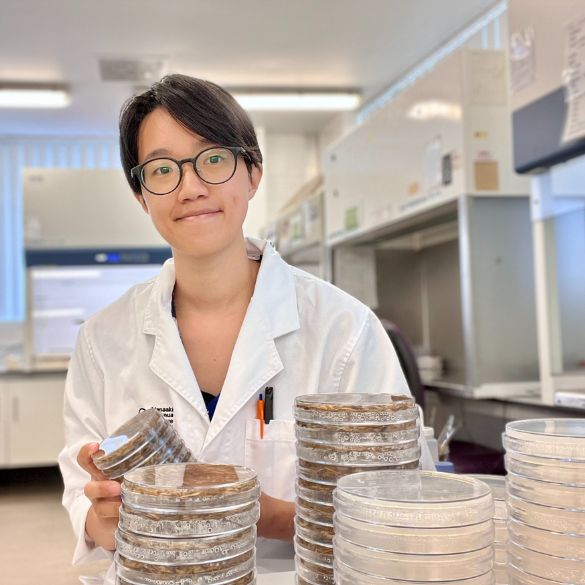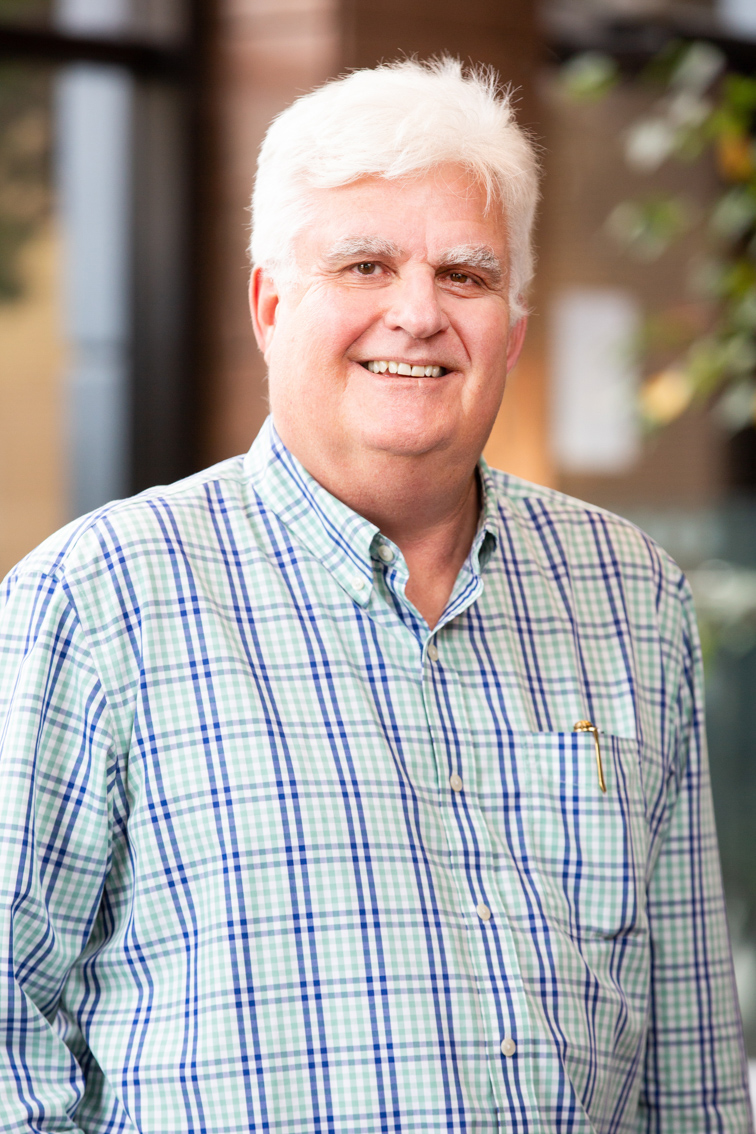Chiang’s research as a PhD student is intimately linked to her work as chief scientific officer at BioFab. In fact, she has designed her own PhD project so her research at BioFab counts towards her PhD coursework.
Chiang has been thinking about plastics and sustainability for a long time. In 2014, she created the first New Zealand team to participate in an international genetic engineering competition. Inspired by research demonstrating certain mealworms could sustain themselves on plastic, her team investigated enzymes to biodegrade plastic.
In 2017, she was selected to attend the prestigious GapSummit in Washington DC, where she was the youngest of 100 “leaders of tomorrow” to pitch in the Idea Challenge. She won with an idea about 3D-printing fungal material to replace Styrofoam packaging. Chiang had previously taken a version of the same idea to the Velocity Innovation Challenge, where she won an award for the best bioscience business idea.
A few years later, Chiang stumbled across BioFab online. The start-up was a finalist for a Callaghan Innovation prize and they were doing what Chiang had envisioned but in a more commercial way. She reached out to the founders and convinced them BioFab could be more than a manufacturer – it could be a research and development-oriented biotechnology company too. That’s how she became the company’s chief scientific officer.
For her PhD research, Chiang is looking to take the idea further by comprehensively investigating native New Zealand fungi species for their suitability to make biomaterials. She believes fungi will be the green materials of the future.
“It’s fast-growing, it’s manipulatable, it’s hydrophobic and of course it’s completely natural,” says Chiang. “Since New Zealand has been geographically separated from the rest of the world for so long, I believe it has unique fungi and we could find the value in that to create a whole new industry for New Zealand.
“Working with native fungi also means we need to work with local iwi, so whatever patents, intellectual property and commercial benefits come out of it, we plan to actively communicate with and give back to the iwi that represents where those fungi come from. It’s more than just business; it’s also about protecting and respecting taonga, or treasures – in this case, fungi. Using taonga requires the blessing of the people from the land. It’s a critical mindset when doing business that involves native species.”

